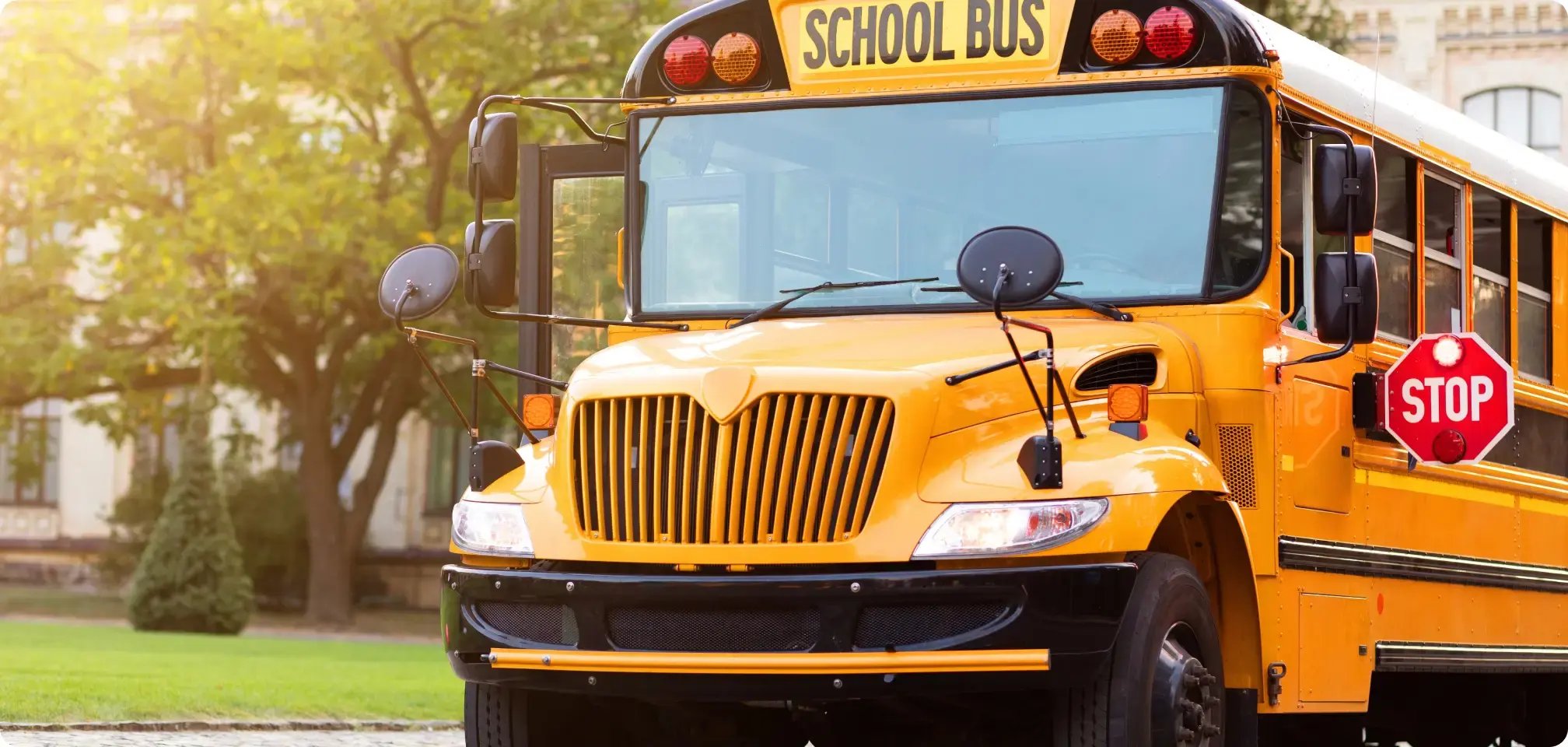
Transportation issues can be a major hurdle for students, but there are solutions available. Explore practical strategies to overcome these challenges and stay on track academically.
Getting to school can be a significant hurdle for many students, especially when reliable transportation isn’t an option. Whether it's due to distance, lack of a vehicle, or scheduling conflicts, transportation issues can create barriers to education that seem insurmountable.
Don’t worry—there are solutions and resources available that can help bridge the gap and ensure students can continue their education seamlessly. From innovative online learning programs to supportive community initiatives, there are various ways to navigate the challenge of getting to school.
In this blog, we’ll explore practical strategies and resources designed to help students and families overcome transportation obstacles and stay on track with their academic journey. Let’s dive into the options that can make a world of difference when getting to school becomes a challenge.
Understanding the Issue
Here are some transportation challenges that students may face, which can prevent them from getting to school:
- Lack of Public Transportation: No reliable bus or train services in their area.
- Long Distances: Living far from school with no easy way to commute.
- Unreliable Personal Transportation: Cars breaking down or lack of access to a vehicle.
- Financial Constraints: Inability to afford public transport fares or vehicle costs.
- Safety Concerns: Unsafe routes or neighborhoods that make walking or biking to school difficult.
- Family Obligations: Responsibilities at home that interfere with transportation plans.
These obstacles can lead to frequent absences, tardiness, and added stress, all of which negatively impact academic performance and overall well-being. Without reliable transportation, students may struggle to keep up with their studies, participate in extracurricular activities, or access essential resources like tutoring and counseling. Addressing transportation issues is crucial for ensuring that all students have equal opportunities to succeed in their education and personal development.

Community Resources
Community-based solutions can be a vital resource for students facing transportation challenges. Many public transit systems offer discounts or special passes for students, making commuting more affordable and accessible. Nonprofit organizations in the community may also provide transportation assistance, either through direct services or by connecting students with volunteers who can offer rides. These resources help ensure that transportation issues do not become a barrier to education, offering students alternative ways to get to school when traditional methods are not available.
Flexible Learning Options
For students who face challenges with transportation to school, there are several flexible schooling options that can offer a viable alternative. Online education provides the flexibility of attending classes from home, accommodating various schedules and personal situations. Virtual schools often offer a comprehensive curriculum with interactive tools to engage students remotely. Homeschooling is another personalized approach where parents or guardians take on the role of educator, tailoring the learning experience to the student's needs. Hybrid models combine online learning with occasional in-person classes, striking a balance between traditional and virtual education. Some school districts also provide remote learning programs that allow students to connect with teachers and peers through digital platforms. These options ensure that students without reliable transportation can still access quality education and stay on track with their academic goals.
Options With Career Prep High School
Flexible learning schedules and remote learning options offer vital solutions for students facing transportation challenges. Career Prep High School, for instance, provides flexible class times and online learning platforms, allowing students to access education without the need for daily commuting. These options are especially beneficial for those with unreliable transportation, as they can attend classes virtually or at times that fit better with their circumstances. By offering such alternatives, schools ensure that transportation issues do not hinder a student's ability to receive a quality education.
If you're facing challenges with getting to school and are seeking solutions, don’t hesitate to explore the resources available to you. One valuable resource is the Career Prep High School website, which offers detailed information about their support services, including transportation assistance programs. These programs are designed to help students overcome transportation barriers and ensure they have access to the education they need. Visit the Career Prep High School website today to discover how they can help you or your child navigate transportation challenges and succeed academically.

Creating a Personal Plan
Developing a transportation plan is crucial for students and families facing challenges. Start by evaluating available transportation options, such as school bus services, public transit, or carpooling with classmates. If transportation remains an issue, communicate with school staff to explore additional support, like alternative transportation programs or flexible learning options. Being proactive, like setting up contingency plans for unexpected situations, can help ensure consistent school attendance and reduce stress related to transportation. Establishing a reliable plan enhances a student's ability to focus on their education.
For more comprehensive support, you can check out guides to local transportation options and resources, which can provide you with practical solutions and additional assistance tailored to your specific community. By taking advantage of these resources, you can find the support you need to keep your education on track.